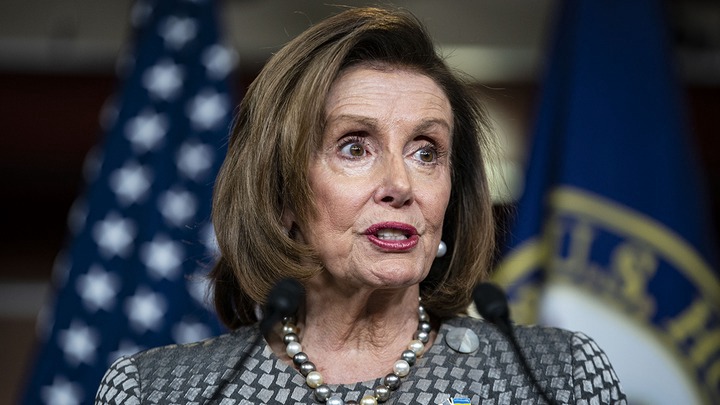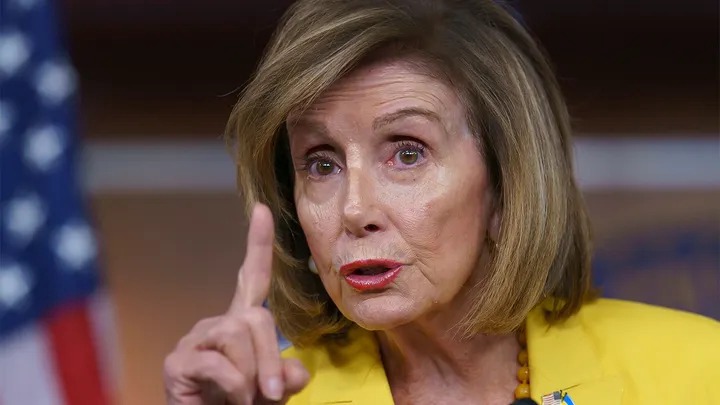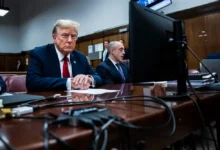
Concerns surrounding potential insider trading by members of Congress have resurfaced, propelled by a recent report uncovering substantial profits earned by former House Speaker Nancy Pelosi through stock trading in 2023. The disclosure, dissected from financial records by the group Unusual Whales, has reignited fervent calls for legislative measures to restrict or eliminate congressional stock trading activities. The STOCK Act, implemented in 2012 to address public unease about lawmakers leveraging non-public information for personal financial gain, initially placed restrictions on stock trades linked to impending legislation impact, accompanied by modest fines for transgressions.

However, subsequent developments have brought to light potential shortcomings in the regulatory framework, prompting renewed discussions on the necessity of more robust measures. Despite bipartisan support in 2022 for legislation seeking to limit congressional involvement in the stock market, momentum dwindled, resulting in the absence of new laws in 2023. The lack of decisive action left lingering concerns among the public regarding the potential misuse of insider information by elected officials. ( 📰 Supreme Court Issues Landmark Decision on Case Seeking to Disqualify Trump From Ballot ) The recent report on Nancy Pelosi’s stock trading activities in 2023 has injected fresh urgency into the debate, revealing a substantial 65% profit on her stock portfolio. This revelation has sparked renewed calls for stronger regulations and revitalized efforts to address the perceived ethical challenges associated with congressional stock trading.
Proposals may surface advocating for the outright prohibition of members of Congress and their immediate families from participating in the stock market while in office. This drastic measure aims to eradicate conflicts of interest and ensure a level playing field for all market participants. Possible enhancements to reporting requirements might be introduced to provide greater transparency into lawmakers’ financial activities. This could involve more detailed and frequent disclosures, enabling better oversight by regulatory bodies and the public. Calls for stricter penalties for violations of stock trading regulations may also gain traction, with increased fines and more severe consequences for lawmakers found guilty of insider trading serving as potential deterrents. (news-us.feednews.com) ( 📰 Judge Incensed by Trump Lawyer’s Outlandish Assertion: Melania’s Mother’s Death is Reason for Trial Delay )
Simultaneously, there is a suggestion to implement educational programs for members of Congress, focusing on the intricacies of financial regulations, ethical considerations, and the potential consequences of violating stock trading laws. As these discussions gain momentum, the public remains vigilant, closely watching to see if congressional leaders can bridge the partisan divide and enact meaningful reforms. The outcome of these deliberations holds the potential to shape the ethical landscape of Capitol Hill, reaffirming the commitment to transparency and accountability within the legislative branch.

